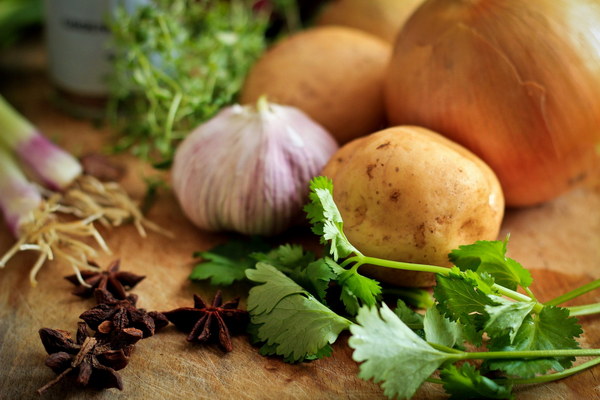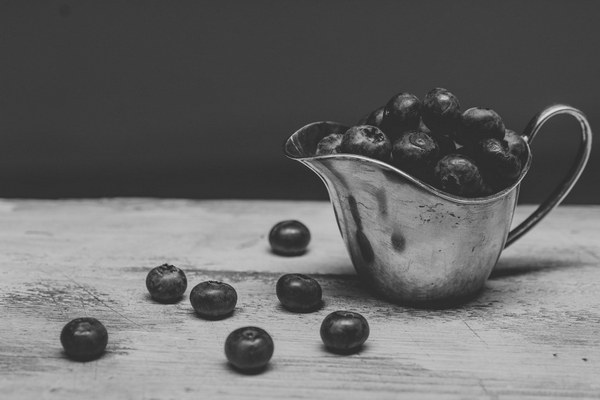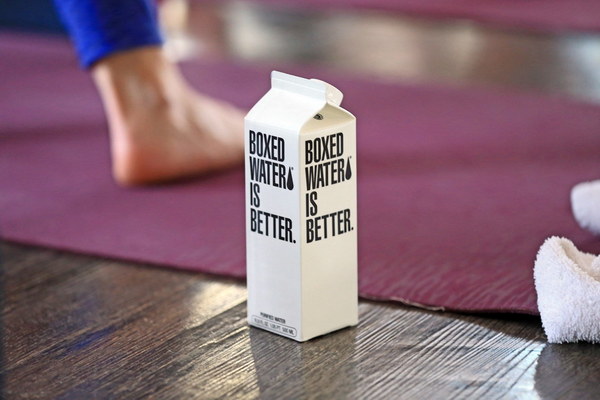Best Medications for Stomach Health, Heat Reduction, and Dampness Removal
Introduction:
Maintaining a healthy stomach is essential for overall well-being. However, certain conditions like heat and dampness can disrupt the balance and lead to discomfort. In such cases, choosing the right medication becomes crucial. This article aims to provide an overview of the best medications for stomach health, heat reduction, and dampness removal.
1. Herbal Medications:
Herbal remedies have been used for centuries to address various health issues. Here are some herbal medications that can help with stomach health, heat reduction, and dampness removal:
a. Coptis Chinensis (Huang Lian):
Coptis Chinensis, also known as Goldthread, is a commonly used herb in traditional Chinese medicine. It has cooling properties that help reduce heat and dampness in the body. It is often used to treat conditions like stomach ache, diarrhea, and fever.
b. Scutellaria Baicalensis (Huang Qin):
Scutellaria Baicalensis, or Baical Skullcap, is another herb with cooling properties. It is commonly used to alleviate heat and dampness in the stomach, as well as to treat infections and inflammation.
c. Poria Cocos (Fu Ling):
Poria Cocos, also known as Poria, is a mushroom-like herb that has been used in traditional Chinese medicine for centuries. It helps drain dampness and improve digestion. It is often combined with other herbs to treat stomach discomfort, bloating, and constipation.
2. Western Medications:
In addition to herbal remedies, there are several Western medications that can be effective for stomach health, heat reduction, and dampness removal:
a. Antacids:
Antacids, such as Tums and Rolaids, work by neutralizing excess stomach acid. They can provide relief from symptoms like heartburn, indigestion, and bloating. However, they may not address the root cause of the heat and dampness.
b. Proton Pump Inhibitors (PPIs):
PPIs, such as omeprazole (Prilosec) and esomeprazole (Nexium), are used to reduce stomach acid production. They can be effective in treating conditions like gastroesophageal reflux disease (GERD) and peptic ulcers. However, they may not directly address heat and dampness.
c. Diuretics:
Diuretics, such as furosemide (Lasix) and hydrochlorothiazide (Hyzaar), help increase urine production, thereby removing excess fluid from the body. They can be useful in cases where dampness accumulation is a concern. However, they may not address heat-related symptoms directly.
3. Lifestyle Modifications:
While medications can provide relief, it is also important to make lifestyle modifications to address the root causes of stomach discomfort, heat, and dampness:
a. Diet:
Avoid spicy, greasy, and fried foods that can exacerbate heat and dampness. Instead, opt for a balanced diet rich in vegetables, fruits, and whole grains. Incorporate foods with cooling properties, such as cucumbers, watermelons, and mint.
b. Hydration:
Stay hydrated by drinking plenty of water throughout the day. This helps in draining dampness and maintaining a healthy stomach.

c. Exercise:
Regular physical activity can help improve digestion and reduce heat and dampness. Engage in activities like walking, jogging, or yoga.
Conclusion:
When it comes to stomach health, heat reduction, and dampness removal, there are various medications and lifestyle modifications that can be effective. Herbal remedies, such as Coptis Chinensis, Scutellaria Baicalensis, and Poria Cocos, can help address these concerns. Western medications like antacids and diuretics can provide relief, although they may not directly address the root causes. Additionally, adopting a healthy diet, staying hydrated, and engaging in regular exercise can contribute to overall stomach health and well-being. It is always recommended to consult with a healthcare professional before starting any new medication or treatment.









